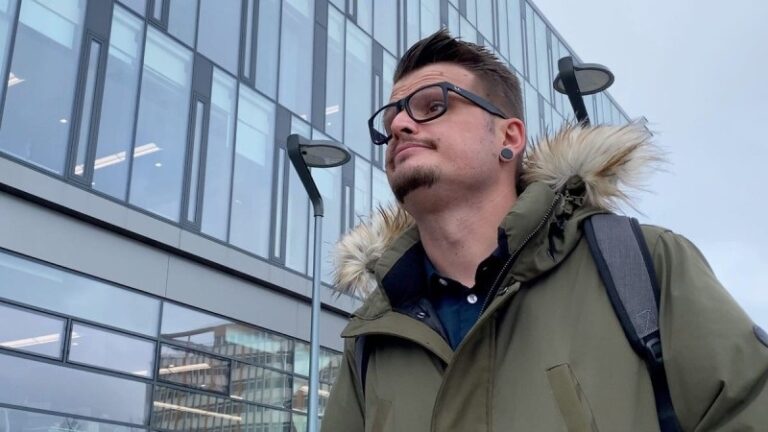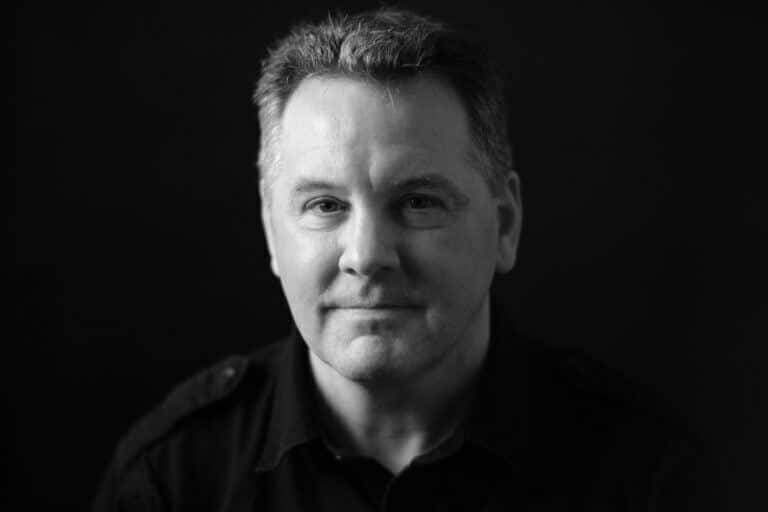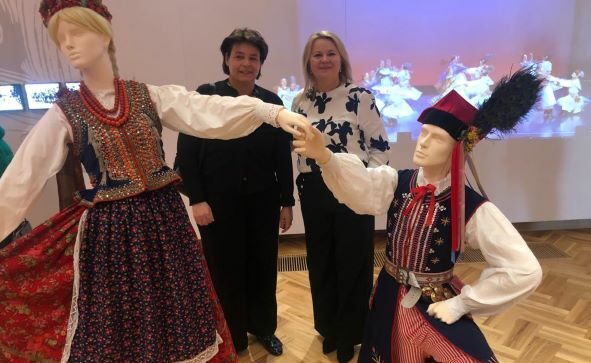Need for adrenaline
For him, the week means 168 hours that need to be used wisely. Dynamic growth is in his DNA and when he wants to relax, he selects activities that raise the blood pressure. Marcin Grzymkowski, founder and co-owner of eobuwie.pl, reveals his recipe for success in an interview with Katarzyna Paskuda.
What do you do differently from others in the industry that means you have achieved such success?
Selling shoes is an experience that has accompanied me from an early age. My parents ran a brick-and-mortar store, and I transferred sales to the internet. Our company stands out mainly by the fact that during the 16 years of its existence we have been growing at an average rate of approx. 100% per year. At the same time, we achieve very high profitability. This is a phenomenon that raises the bar significantly in terms of running a business. I’m convinced that the combination of experience, passion and intensive work is the best way to achieve success. When I come to the company, I don’t count the time. I focus on projects and their potential. But most of all I do it with passion and it gives me great pleasure. Building a strong brand, strengthening the company and building customer satisfaction results in success.
How do you react in the face of an unexpected crisis?
I am a proactive, action-oriented person. Situations in which stress occurs do not paralyse me, but motivate me and stimulate me to act. A good example is the first response to the risks of a pandemic, which is undoubtedly a difficult period for many industries. Like everyone else, I was concerned about the consequences it could have. It would have been unwise to trivialise the problem. However, in this case, it was precisely this sense of responsibility that made us well prepared from the very beginning. Although we did not know how the situation would develop, we implemented advanced security procedures, including automatic temperature measurements, disinfection gates, UV-C equipment, ozonation of rooms.
When difficult decisions appear – we react. Crises don’t stop me and that also refers to our whole organisation’s culture – we have learned to deal with difficult situations through problem solving. We treat them as ambitious challenges.
What were the difficult moments in the company’s development and how did you deal with them?
As in every company, there were many difficult situations. Today I look at everything from the perspective of a large company employing 3,500 people. In the peak sale days, for example, Black Friday, we send approx. 80,000 orders a day. Of course, there are always breakthrough moments. In the past, we sent orders from up to 6 warehouses simultaneously. It all happened during a difficult period, when we were waiting for the commissioning of a new logistics centre. With such a fast pace, we also had to face challenges in the area of management, logistics and marketing every few years. It required bold investments and innovative solutions. Of course, these are just a few examples. The fact that most of the operations take place in-house, gives us a higher sensitivity to maintaining profitability. On the other, the key processes from the customer’s perspective are maintained at the highest level, because we have them under our control. An unconventional approach and dynamic growth are part of our DNA.
What is your company’s position today?
We started in 2006, when there was literally no competition for online footwear sales. For several years now, we have been a leader in sales and innovation in the FashionTech segment, not only in Poland, but also in many other markets in Central and Eastern Europe. Currently, we specialise not only in the sale of footwear, but also accessories and premium fashion. Interestingly, even in Greece, our market share is much higher than in Poland. The position we currently occupy is the result of the implementation of innovative solutions in e-commerce, logistics robotisation, modern IT architecture and introducing amenities for customers. These are intuitive applications, foot trucks, Pepper robots, personalised profiled insoles for shoes.
The place we occupy today is also the result of changes in shopping preferences. The pandemic has massively pushed people who were sceptical about this type of transaction to buy online. However, we are not stopping at what we have achieved. We are intensively developing the Modivo concept, an online clothing sales platform. We are constantly expanding the range, introducing not only recognisable brands, but also niche brands and new product categories. We are very happy with this project, but of course we are going for more. The clothing market has five times greater potential and I intend to use it.







